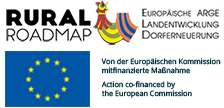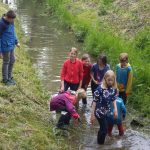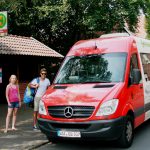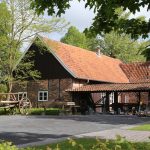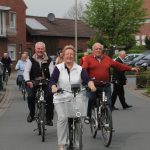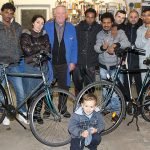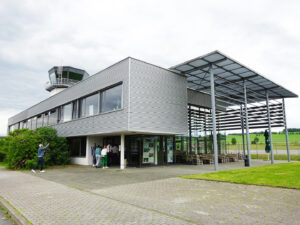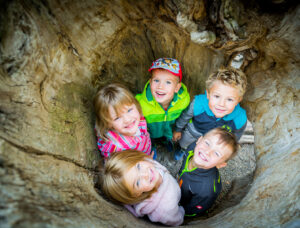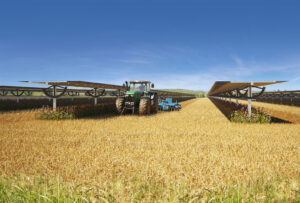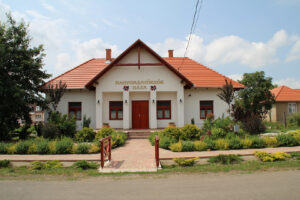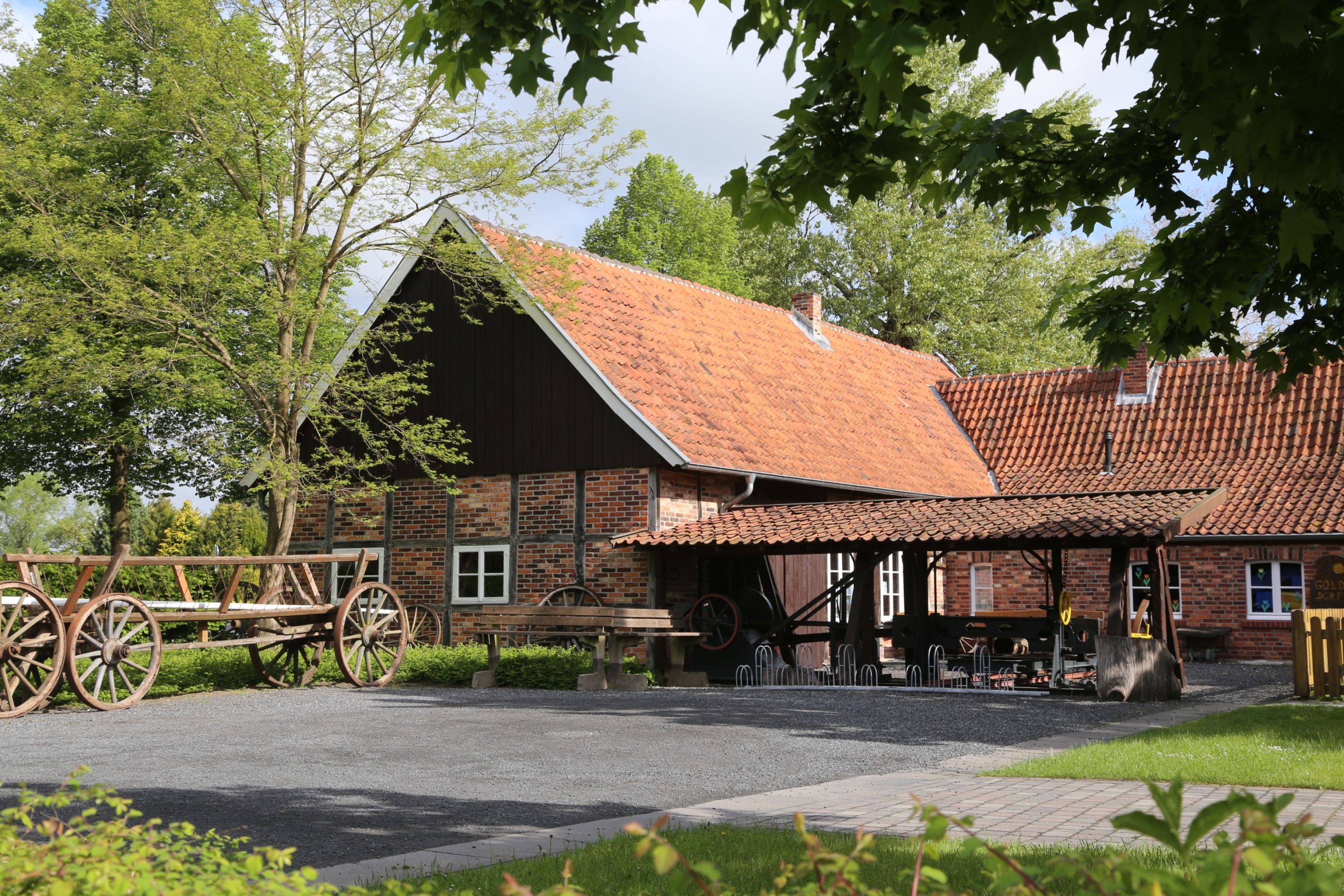
Hoetmar, North Rhine-Westphalia, Germany
Hoetmar, a village with almost 2.300 inhabitants, is located in the region Münsterland in North Rhine-Westphalia and is a part of the city Warendorf. The settlement has a core around the St Lambertus church with several small farms surrounding it. The connections to Warendorf and surrounding centers are good in both public transport and road network. Wholes in local transport are closed by the exemplary voluntary “Citizen Bus”. Although there are some 500 working spaces in agriculture, danicraft and the industrial sector, numerous inhabitants have to commute within the area.
The club life of the village is extraordinary. There are over 20 clubs and associations with up to 1000 members – the average Hoetmarer is a member of 4 clubs, some of which also fulfil community tasks: the sports club is sponsor of the elementary school, an open full-time school. These clubs also often serve as instigators and promoters of the development process. In 2010, members of the native club created a village development concept. Some highlights of the more than 30 measures are the citizen bus, the trade circle and the village workshop, which was founded in 2011 as a coordinated council. Officially it is not a club, but it is open to and recognised by the citizens. It promotes projects and motivates the community by involving them in the planning, decision-making and implementation process. The motto “We are the Village” expresses this clearly.
Before the background of strong village community, numerous projects were realized in Hoetmar: The Wieninger stream in the village center was renaturated, the Kleinholzallee was planted, the previously mentioned citizen bus with around 40 voluntary drivers allows for more mobility, the old wheelwright was remodelled into a social, cultural and pedagogic center, the derelict Läutehaus became a meeting spot for all generations, the open all-day-school was expanded by volunteers through a creative programme.
This diverse set of measures conforms with the developed guidelines with its chapters “Village and Living Space”,“Sustainable Hoetmar”, “Communication and Engagement” as well as “Village and Community”. Other focus points are economic developments and initiatives, social and cultural life as well as modelling of the greenland and landscape.
The special achievement of Hoetmar is that it succeeds to compensate for the loss of sovereignty as a part of a commune through the formation of a strong and broad village community and to shape the coexistence and life quality of the village through the exemplary civiv participation. The projects are controlled and coordinated in a well-organised village work shop. Particularly impressive is the open school and its surroundings as a place for togetherness for all social groups, the high amount of voluntary commitment and the exemplary dealing with the integration of asylum seekers.
Evaluated: 2016
.
